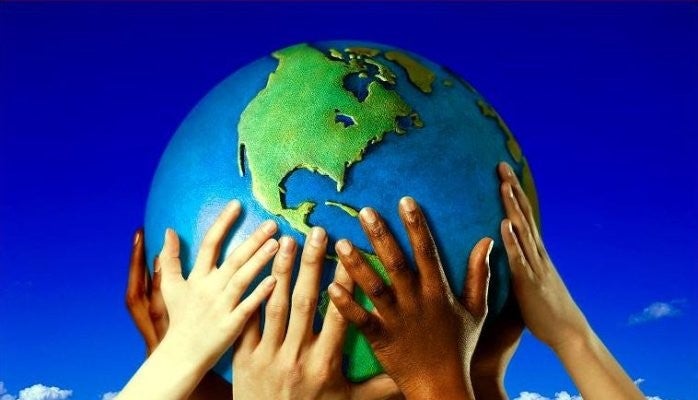We Can Solve Our Global Challenges, Together

It’s hard to overestimate the scale of our global challenges. But that does not mean they are not solvable. I believe there are no insurmountable barriers for educational attainment and technological success—no limit to our capacity to solve grand challenges on a global scale—if we pursue the right creative collaborations.
This mindset and a commitment to innovation has inspired much of our work at Arizona State University. It also has motivated our growing focus on global partnerships that enable us to increase the breadth and depth of our initiatives. These relationships take us beyond our borders, stretch our minds, enhance our capacities, and help build a safer, more secure world. Our just-announced PLuS Alliance is the latest expression of this commitment. We are joining forces with King’s College London and University of New South Wales in Sydney, Australia, to expand opportunities to existing faculty and students, and to offer qualified learners around the world greater access to higher education. With an initial focus on global health, social justice, sustainability and innovation, we are launching nearly two dozen joint degree programs that will integrate online and on-campus teaching and learning. An initial 60 joint faculty will be positioned to combine and expand the scope of their research.
Such efforts, while increasing in number and variety, are not new for us. We have valuable partnerships with institutions around the world, including in India, China, Vietnam, Pakistan and South America, to name a few. But the ambitions of the PLuS Alliance make it stand out. In addition to expanding opportunities for our students and faculty, we are seeking to increase the numbers of well-educated students worldwide capable of producing research that tackles challenges in everything from climate and sustainability to health, education and economic growth.
In engineering alone—drawing on ideas from the National Academy of Engineering—this ranges from making solar energy economical to preventing terror and securing cyberspace, to providing access to clean water and restoring and improving urban infrastructure.
In an increasingly interconnected global economy and world, these complex challenges are surmountable when we find the right partners. And when our efforts are successful, we will have helped create an innovation environment in which a globally diverse collection of people are better prepared to take on the next challenge.
